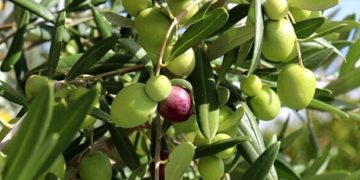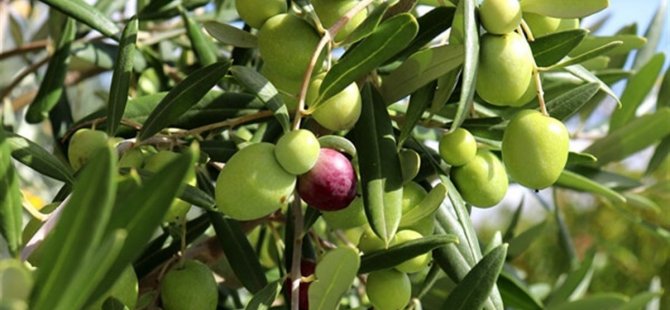#Olivetreemanagement #agriculturalregulation #legalcompliance #sustainableagriculture #MinistryofAgriculture #agriculturalpractices #agriculturallaw
In light of recent announcements by the Ministry of Agriculture and Natural Resources regarding regulations regarding olive trees, farmers and agricultural stakeholders must stay informed to avoid legal consequences. Recent amendments to the Law on Olives and Olive Products highlight the importance of following proper procedures for the management and conservation of olive trees. This article highlights key messages and precautions for olive producers under the updated legal framework.
The Ministry of Agriculture and Natural Resources has issued an important reminder to olive growers, emphasizing the importance of obtaining proper permits for any activity involving olive trees. According to the report, unauthorized actions related to the management of olive trees may result in both legal and punitive measures.
The adoption of Law No. 38/2023, known as the “Law on Olives and Olive Products,” on June 26, 2023, was an important milestone in the regulation of the cultivation, conservation and classification of olives and related products. This law establishes clear guidelines for the management, conservation and rejuvenation of olive trees, defining specific rules for their cultivation and care.
According to the provisions of the law, any significant interventions, such as deep pruning, uprooting for transplantation or rejuvenation pruning, require prior permission. It is essential for olive producers to obtain permission from the relevant authorities, which was previously obtained from district governors and now must be obtained from departments of agriculture.
The ministry’s statement also highlights the legal consequences of carrying out unauthorized activities related to olive trees. Any violation of the law will result in punitive measures and legal proceedings. To ensure compliance and avoid potential legal difficulties, producers are encouraged to seek guidance from their local agricultural departments regarding applicable laws and procedures.
In light of these developments, all olive producers are urged to exercise caution and diligence in their operations to mitigate any unwanted legal consequences. By complying with the legal framework and seeking guidance from the relevant authorities, producers can protect their interests while promoting the sustainable management of olive resources.
Studying the legal framework governing olive tree management is of paramount importance for farmers and agricultural stakeholders. Recent amendments to the Olives and Olive Products Law highlight the government’s commitment to preserving and regulating olive cultivation. By following proper procedures and seeking guidance from authorities, growers can ensure compliance while promoting sustainable olive growing practices.































